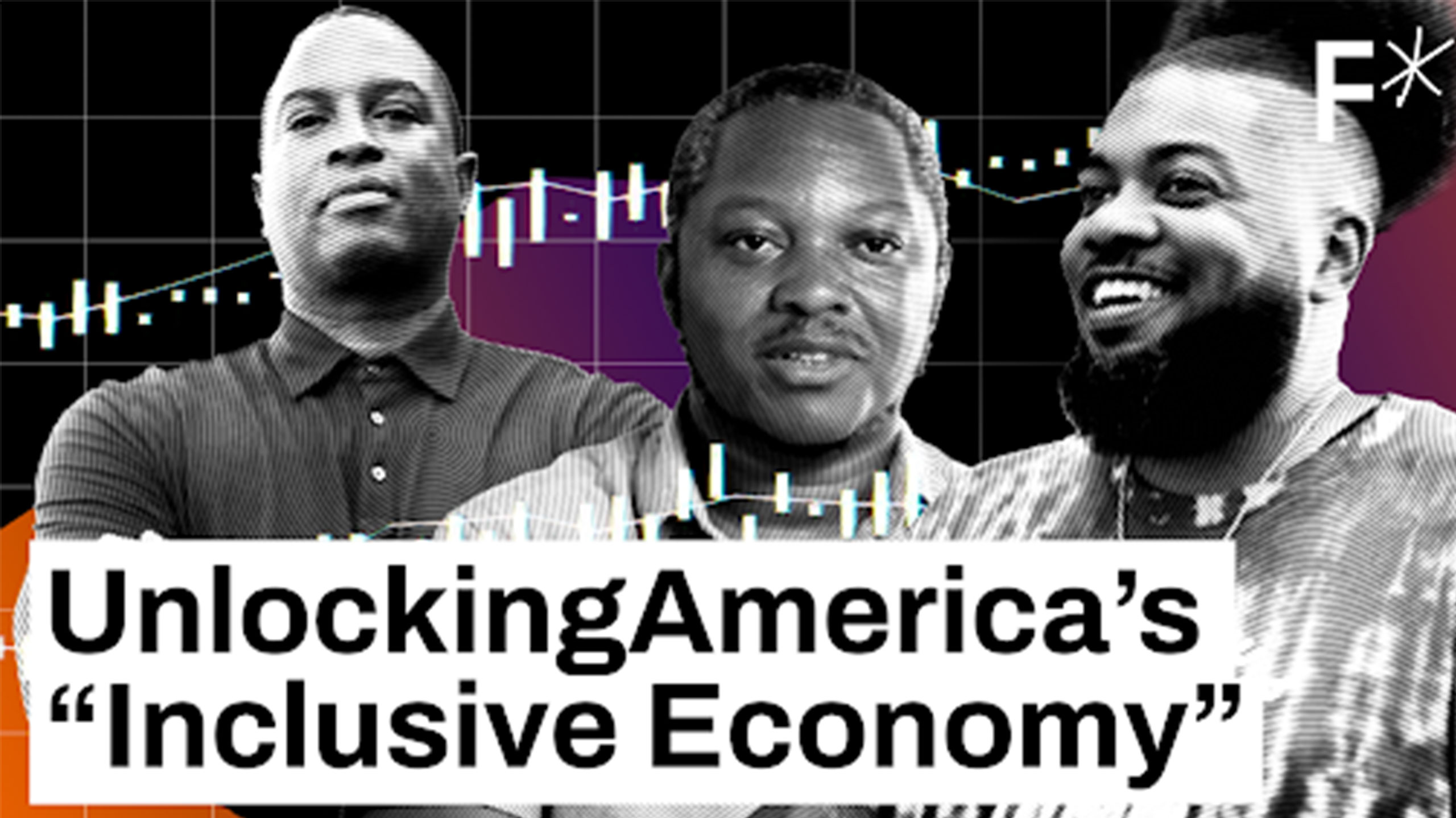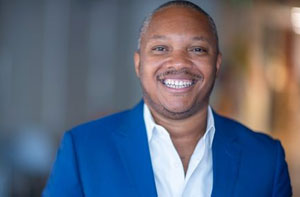
How to Build an Inclusive Economy
The U.S. has long operated without being an inclusive economy. It’s a fact of American life that’s most apparent in data on racial wealth gaps. In 2019, the median…

For far too long, leaders of color have been sidelined from conversations around their own communities and economies. Across philanthropy, impact investment and government, institutional leadership lacks representation and thus an understanding of the systemic issues that impact the communities they wish to serve.
Common Future, with an 80 percent POC staff and board, has built an approach grounded in trust. It makes space for communities to lead the change that they wish to see, from developing innovations around lending to small business, to running experiments with community-owned real estate. Common Future works with leaders who are positioned to identify gaps in capital markets and build solutions that prioritize access and inclusion.
Common Future is committed to building an iterative, responsive, and collaborative platform to incubate, co-create, and fund the work of the leaders developing promising economic innovations. It influences decision makers across philanthropy, investment, and government to further support those solutions that build power in communities of color across the U.S.
In deep partnership with community leaders, funders, policy makers, economists, and racial justice advocates, Common Future builds a new economic system where Black, Latino(a), Asian, Indigenous, and Pacific Islander people thrive and have power, choice, and ownership over the economy.
As a think and do tank, Common Future functions as an iterative, responsive, and collaborative platform. It incubates, co-creates, and funds the work of the community leaders developing promising economic innovations. It also influences decision-makers across philanthropy, investment, and government to further support those solutions that build power in communities of color across the country.

Founder, Common Future
Rodney is CEO of Common Future. Most recently, he founded Invested Impact, a nonprofit consulting firm and intermediary that connected philanthropic and impact investment capital to underrepresented social entrepreneurs. The firm advised and partnered with numerous foundations, financial institutions, and policy organizations, including Annie E. Casey Foundation, Aspen Institute, Calvert Impact Capital, Greater Washington Community Foundation, Legg Mason, and T. Rowe Price Foundation. Prior to Invested Impact, Rodney served as Deputy Director of the Warnock Foundation, a venture philanthropy affiliated with the private equity firm Camden Partners. He previously held leadership positions at BMe, a national social entrepreneur network for African American men, and Job Opportunities Task Force, a policy advocacy and workforce development organization.
An inaugural Ford Foundation Global Fellow, Rodney serves on the board of directors of Nonprofit Finance Fund and Race Forward, and the steering committee of Justice Funders. Rodney is also a steward of Imperative 21, a business-led network driving a reset from shareholder primacy to stakeholder capitalism. He has spoken at Social Finance Forum, Council on Foundations, Global Philanthropy Forum, SOCAP, Open Markets Institute, Brookings Institution, and other stages. His writing has appeared in publications such as Boston Review, Chronicle of Philanthropy, and Nonprofit Quarterly, and he has been featured in Conscious Company, Devex, Forbes, ImpactAlpha, Inside Philanthropy, and The New York Times.




